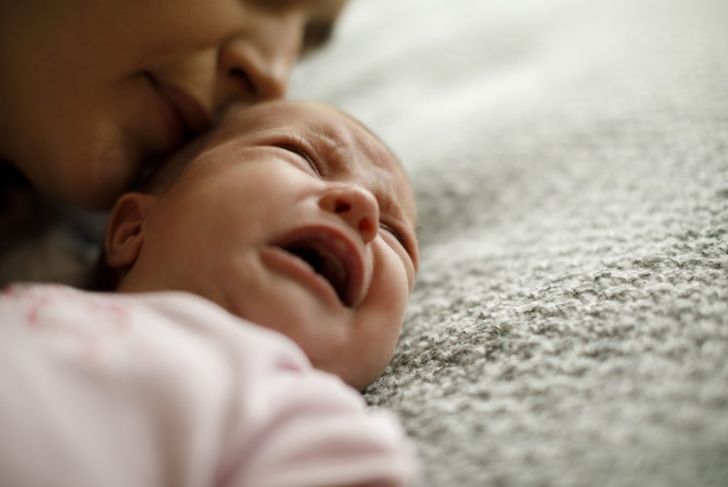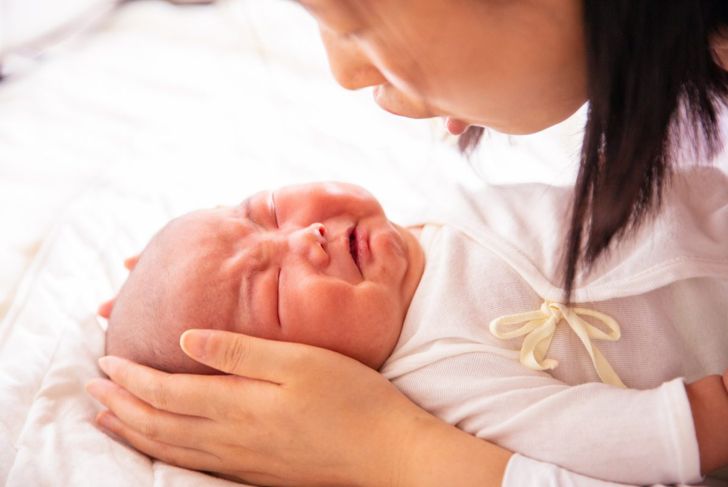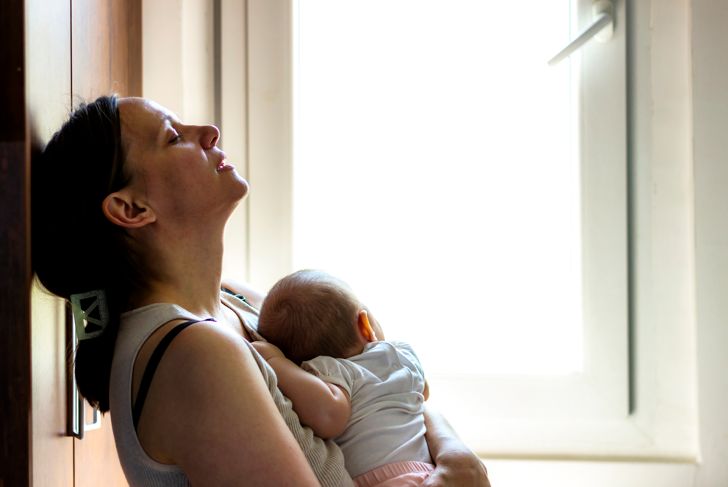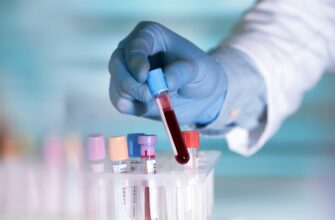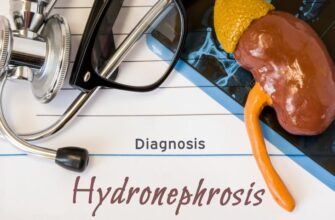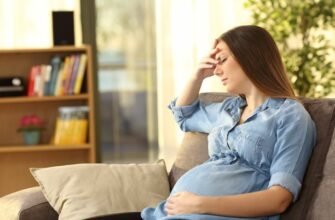Most women are familiar with the “baby blues” or the more severe postpartum depression (PPD), a term that has become a catchall for mental health issues following the birth of a child. However, many new mothers experience a different mental health issue that rivals the number of women with PPD. Postpartum anxiety (PPA) is a condition with unique symptoms. The problem is, physicians have no screening tool for diagnosing it. As a result, they may misinterpret these symptoms as signs of a depressive disorder.
Anxiety
Anxiety is a natural response to both real and perceived threats. However, people with anxiety disorders can develop a constant, irrational fear of a situation, place, or object, even though it poses little to no physical danger. Some individuals picture scenarios in their head that involve injury to a loved one, while others have recurring flashbacks to a traumatic event. Around 40 million people in the U.S. experience some type of anxiety disorder, but only about one-third receive treatment. Doctors diagnose women with anxiety disorders more often than men.
Postpartum Anxiety
Although it is a legitimate medical condition, postpartum anxiety does not appear in the Diagnostic and Statistical Manual of Mental Disorders, a reference for mental health professionals. Anxiety affects more than 15% of pregnant and postpartum women. Other studies show that one in five women meet the diagnostic criteria for PPA, which is much higher than experts once thought.
Hormonal Changes and Postpartum Anxiety
During pregnancy and childbirth, a woman’s body undergoes drastic hormonal changes. For the six months following the birth, these changes continue. Hormonal shifts during gestation and sudden drops afterward may trigger psychiatric disorders in some women and worsen existing issues in others. Researchers theorize that how a person’s brain chemistry responds to these shifts also plays a role in the development and severity of anxiety.
Signs and Symptoms of PPA
The postpartum period is a time of recovery and adjustment to new responsibilities. Once the baby arrives, everything changes and, sometimes, life with a new infant seems overwhelming. It is normal to experience concern and self-doubt. However, if a woman’s worries about her ability to care for her child become constant and no amount of reassurance helps, she could be experiencing symptoms of postpartum anxiety. Being hyper-alert and hyper-vigilant to protect the newborn is one sign. Sleep disruptions, hyperventilation, hot flashes, dizziness, an inability to focus or sit still, changes in eating habits, and rapid heartbeat are potential physical signs of PPA.
PPA is More Common Than PPD
Mood swings are a standard part of the postpartum adjustment period. Within one to two weeks of childbirth, 80% of new mothers experience “the baby blues.” For years, experts considered anxiety a symptom of PPD, not a specific disorder. But that has changed. Research shows that perinatal anxiety occurring during pregnancy and up to a year following the birth of a child is more common than depression.
Postpartum Panic Disorder
Medical and psychiatric professionals recognize that women are especially vulnerable to mental health disorders during the postpartum period. A new mother who exhibits fear, anxiety, and excessive worry may have postpartum panic disorder, a type of PPA. These intense fears interfere with the ability to function, and anxiety-ridden thoughts lead to panic attacks, physical effects that occur without warning. Sweating, trembling, shortness of breath, nausea, chest pains, and headache are common symptoms, though there are many others. The disorder affects between four and 10% of women during the postpartum period.
Postpartum Obessive-Compulsive Disorder
At its core, obsessive-compulsive disorder (OCD) is a combination of ritualistic behaviors and intrusive thoughts. The individual performs the behaviors in an attempt to calm their anxiety. Research suggests that the stress of pregnancy, childbirth, and caring for a newborn can exacerbate or predispose women to the disorder. Statistics suggest around 5% of new mothers experience postpartum OCD after the birth of their child, though the number could be as high as 11%. Both postpartum anxiety and depression are predictive factors for the development of the condition.
Risk Factors
If a woman has had a miscarriage or a stillbirth, she is more likely to have anxiety and depression in later pregnancies. The birth of a healthy child does not diminish the occurrence of PPA. Research shows that women who experienced eating disorders are also at a higher risk. Other factors include a personal or family history of anxiety or depression, a difficult birth, an unplanned pregnancy, and lack of a support system.
Diagnosis and Treatment
ACOG recommends screening every woman for anxiety and depression following the birth of a child. Early assessment and treatment for PPA and other perinatal mood and anxiety disorders are crucial. If a woman is diagnosed with postpartum anxiety, medication is usually the first treatment doctors prescribe, but some breastfeeding mothers are hesitant to take pharmceuticals and prefer other interventions due to fears of adverse effects on their newborn. While cognitive therapy is helpful, many physicians say that pharmaceuticals are also necessary for effective treatment.
Issues Related to PPA and Other Conditions
Research indicates associations between perinatal mental health issues and impaired infant growth, suboptimal breastfeeding practices, and insecure mother-infant attachments. Women who have PPA may have difficulty responding to and bonding with their infant, which could interfere with the child’s development. However, treatments for PPA and other conditions are highly effective. The key is early detection through professional screening and effective intervention.

 Home
Home Health
Health Diet & Nutrition
Diet & Nutrition Living Well
Living Well More
More


